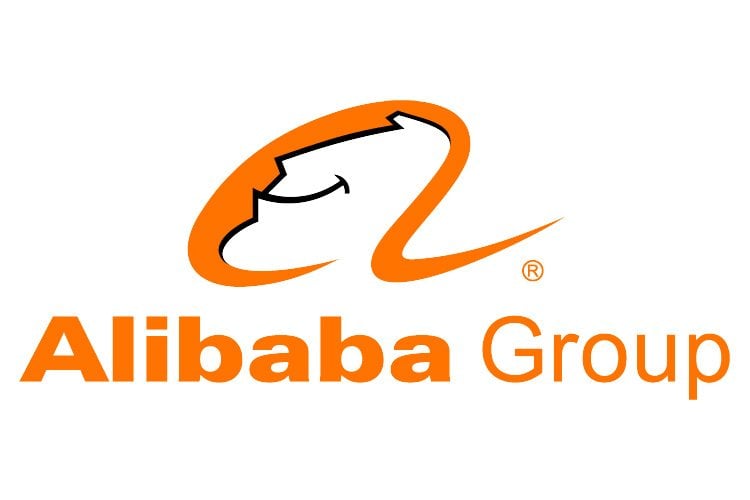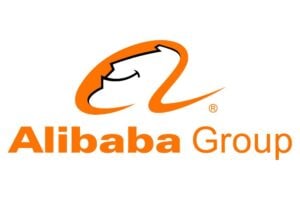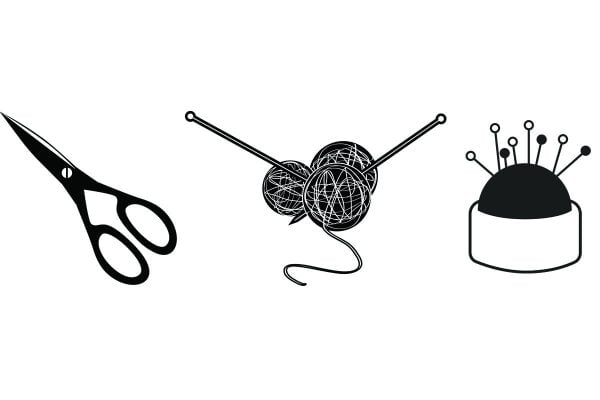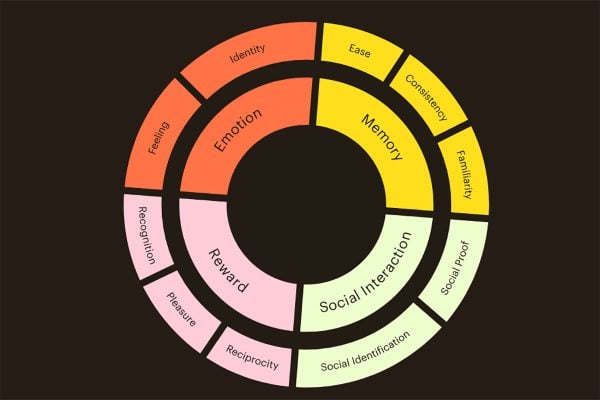The success of a retail business in an overseas territory is heavily reliant on three intertwined factors. First, product demand in a market. Second, a strategy to outmanoeuvre the competition selling a similar product. Third, a stable infrastructure designed to function in a different country.
Retailers have been eyeing China as a sweet spot for retail investment, with more than a billion consumers available to pitch their brand story to. The shifted consumerism perspective has given a competitive edge to western retailers as the Chinese shoppers are now choosing high-quality and transparent goods over unethical items. Some retailers who successfully expanded into China found it a no brainer to conquer the space, others, due to the complexity of their businesses have struggled, fiding cultural, language and distance barriers as bottlenecks to complete the mission.
“A business’ success in China is dependent on much more than having a virtual shop window in the market through Tmall Global,” says Alibaba in conversation with Tamebay.
Two leading arms of a Chinese marketplace, Alibaba are designed to take care of the two growth elements, aforementioned in the opening paragraph, in a bid to accelerate trading triumph in East Asia. In 2017, Alimama and the Tmall Innovation Centre (TMIC) were born out of the need to support brands entering the established ecommerce market to bag sales beyond their borders.
Alimama is digital marketing and adverting platform that supports brand development in China, with brands under their wing including Ford, Esprit, Texas-born clothing brand Dickies, Dyson, P&G and Unilever. The platform leverages the insight from across the Alibaba ecosystem, giving traders a greater understanding of the customer demands on the marketplaces they’re selling on. This data enables retailers to strategically allocate marketing spend within marketplaces, third-party websites and apps to boost their reach beyond their own sites.
It’s sister company, TMIC is designed to support brands to outmanoeuvre the competition by helping them design products personalised for the market. TMIC is part of Alibaba’s market-research division within the Alibaba Group’s B2C marketplace, Tmall, boasting top clients including Mars, P&G, Mattel and L’Oreal as well as L’Oreal’s SkinCeuticals brand.
TMIC nurtures brands every step of their products’ production path, from manufacturing to launch, saving the time that’s often wasted in bringing a product to the market. With involvement from the outset, and the ability to test the product consistently along the way, TMIC provides brands with almost real-time feedback, giving them scope to make changes to a product if required. This time is invaluable in giving brands the edge as it’s often the first to market which can capitalise most on an emerging trend or behaviour. TMIC can reduce the timescale from idea to launching into the market from an average of 24-36 months to just six months, giving brands the opportunity to be increasingly reactive to new and emerging trends.
Leading fashion brand, Espirit have recently teamed up with Alimama to automate manual processes. Alimama’s artificial intelligence-powered copywriting tool helped to reduce the workload of Espirit staff members responsible for writing large amounts of product copy, freeing up their time for other work.
The technology behind this taps into a huge pool of content on Alibaba’s marketplaces, Tmall and Taobao, then using deep learning and natural language processing technologies learned from millions of top-quality existing written samples to generate copy for products. This functionality is available at just the push of a button. Esprit staff can simply click the ‘produce smart copy’ button and see multiple copy options appear.
TMIC’s collaboration with luxury Italian car manufacturer Maserati has enabled the brand to make a run of 88 luxury SUVs based on consumer analytics covering everything from shopping behaviours to colour preferences.
In fact, the range of cars, which is available for purchase exclusively through Tmall, includes both red and yellow SUVs, two colours which are not available to the wider market, but both considered auspicious in China. The Tmall specific models also come with 22-inch tyres, another exclusive feature introduced based on the preferences of Chinese consumers.
Although Maserati customers usually must wait six months from order to delivery of a new car that’s built to their required specification, the brand’s collaboration with TMIC has dramatically reduced this waiting time. They now have a range of cars ready to go, with all the desired specs for the Chinese market.
Another successful example of TMIC’s deployment was in partnership with Johnson & Johnson. The TMIC algorithms were used to develop two new flavours for Listerine: Rosemary Blossom and Vanilla Breeze. The flavours were developed specifically for women, a target group that, according to TMIC research, had the highest likelihood of buying mouthwash if there was a milder flavour option. More importantly, TMIC’s insights provided oral hygiene in China through feedback from Tmall customers. The time it took to bring the new flavours to the market dropped from 12 to 18 months to five months. This speed is particularly important in China, where customer preferences are constantly changing and evolving.
“These businesses are open and available to companies of all sizes across the globe and this is reflective of the businesses we’ve seen engaging with them already. Both Alimama and TMIC are being used by everyone from large multinationals to challenger brands looking to enter the Chinese market.“










